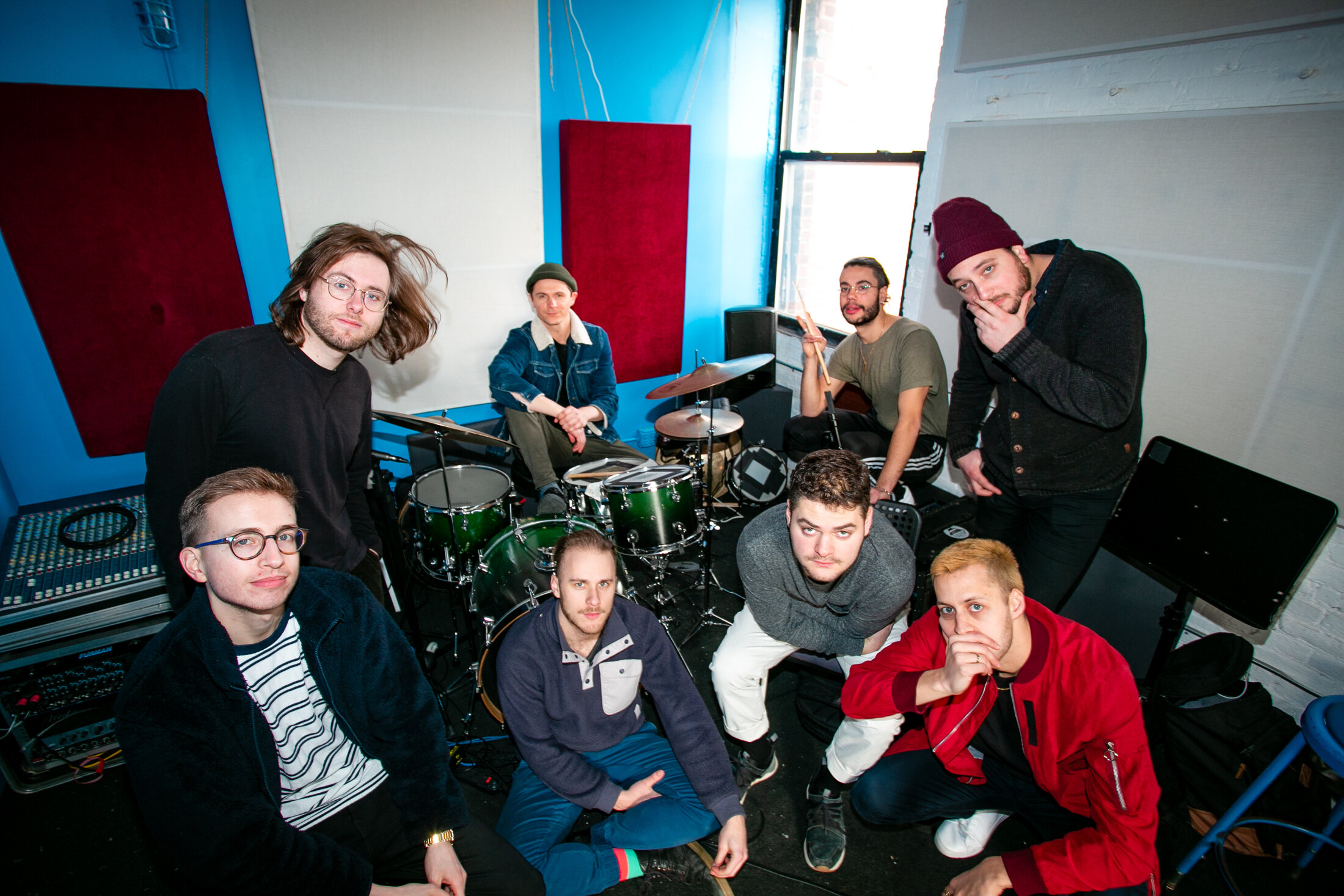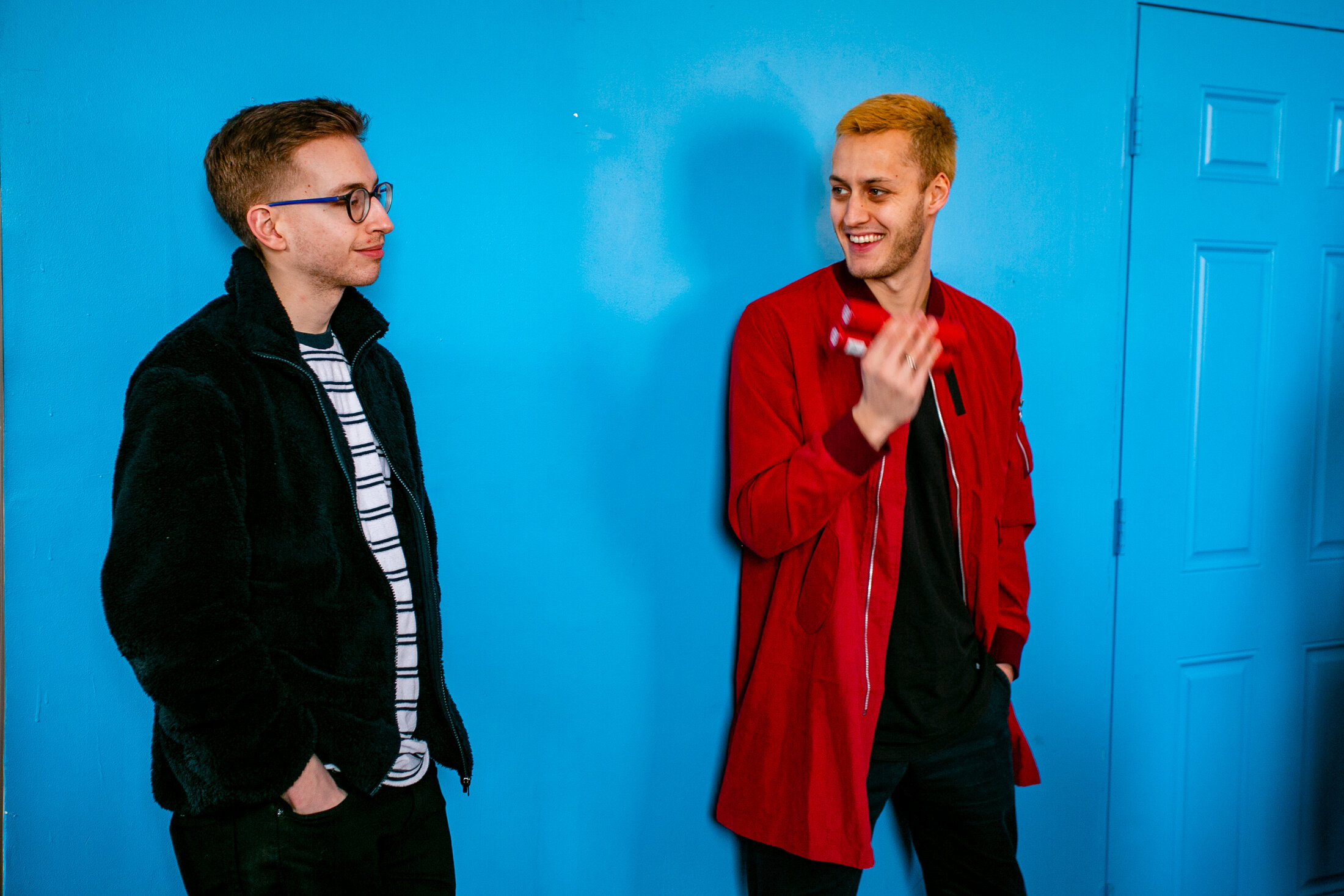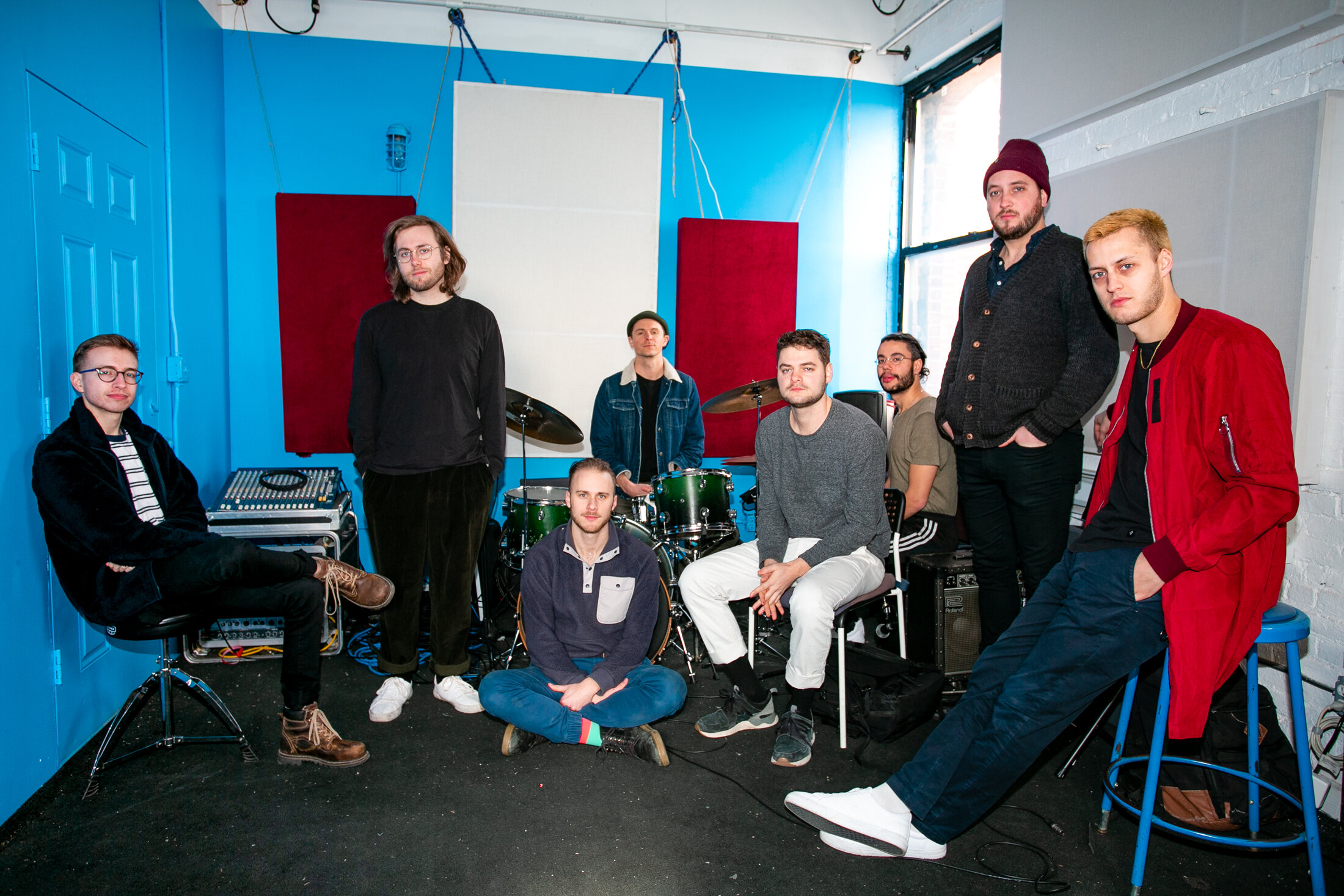By Phillipe Roberts
The name of this game is misdirection. Forget the crafty intro, where, soothed by celestial organ sounds and bantering with herself, she appears to crack open a clear “love story” for you. Forget the frantic suggestion of the title. Forget the rough edges of her previous solo output, the foggy lo-fi layers of reverb that clouded her bewitching vocals. One album into what’s shaping up to be a groundbreaking career, (Liv).e pulls off a stunning magic act on Couldn’t Wait To Tell You…, welcoming you into a psychedelic hall of mirrors where emotional states and sonic vignettes warp and distort in the blink of an ear. With unwavering confidence, she slowly paints a romantic map and dances through the brushstrokes.
(Liv).e comes at you fast. For all the sticky humidity of her vocal hooks, the Texas singer has too much to say to keep any one idea in play for more than two minutes. Apart from album centerpiece “I Been Livin”, which traps her ghostly serenade within an icy piano sample cold enough to slow her thoughts to a near four minute trickle, and the bed-creaking bounce of “Stories with Aunt Liv”, you’ll have to keep your ears ready, thumbs locked and loaded to bookmark your favorite memories for later. But even when the floodgates burst open completely on the frantic “Bout These Pipedreams,” her portraits (“Gentle brown skin, soft as sugar / Bittersweet life like a cocoa bean / Dark eyes that eat the past”) come through clear as day, keeping pace with the surge of an unhinged hi-hat, all clocking in at a hardore punk minute-and-a-half.
At every point and speed on the record, she flexes a lyrical cleverness and poised playfulness, matching the fantastic arsenal of beats at her disposal (all due respect to producers mejiwahn, Daoud, and Shungu for the pillow-soft landing zone for her vocal talents) while maintaining a poised playfulness. She plays up a big sigh for laughs on “Lessons from My Mistakes...but I Lost Your Number”’s false-ending gag. She floats against the clobbering beat to devastating effect (“How many portals will you jump through for my attention?” is one hell of a wake-up call) on the sobering “You’re Wasted Let’s Go Home”. She balances between “making room for myself” and giving herself over to one last one night stand on “How She Stay Conflicted...I Hope She Understands”. (Liv).e portrays her emotional fluidity with a winking, lucid clarity that’s positively infectious.
If anything, it’s that total lack of emotional defensiveness, this commitment to breathing life into the reflective pauses of romance, that makes Couldn’t Wait to Tell You... one of the most psychedelic listening experiences of the year. Just try to listen to (Liv).e gently curve through a lyric like “I've got a brand new crush today” or “Placed a bet with myself that you'd come and find me” and not melt into a puddle of your own well-earned goofy bliss.
Way back in March, (Liv).e opened a livestream by saying “my name is (Liv).e and you’re under quarantine with me”; having experienced the sublime relaxation of this album, I sorely wish I’d been in the know back then. Praise has been rightfully heaped on Couldn’t Wait to Tell You... for its journal-entry candidness. As someone for whom journal-keeping is a daily act of quiet resilience, it’s impossible to listen to this album, with its fragmented urgency and dreamy wistfulness, and not feel seen with a blinding spotlight. But no record in recent memory carries this feeling, this purposeful urgency to knock you off of your bullshit, with so much self-affirming joy. A blizzard of thoughts, feelings, dreams, and ideas worth venturing out into, Couldn’t Wait to Tell You... plays mind games that only leave you smiling.
















